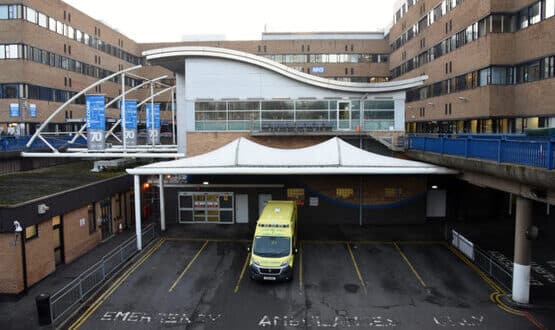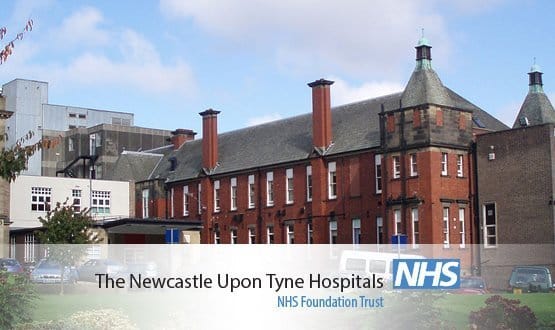CQC identifies more IT problems at Barts
- 22 May 2015

The directors of Barts Health NHS Trust lack confidence in their own data, according to Professor Sir Mike Richards, the chief inspector of hospitals.
Sir Mike was commenting on the results of Care Quality Commission inspections of the Royal London Hospital and Newham University Hospital, both of which were found to be “inadequate”, with significant problems related to the use of records and information.
The trust is already in special measures as a result of a CQC inspection into Whipps Cross University Hospital, which found “the implementation of IT systems had impacted on patient safety and care” among other problems.
Barts Health took over Whipps Cross in 2012 as part of a merger of London trusts. It then launched an IT strategy that included the implementation of one instance of Cerner Millennium across all of its hospitals.
The results of the latest CQC investigations suggest that the implementation has not gone to plan and that the significant problems at Whipps Cross are replicated at The Royal London and Newham.
However, these are not the only problems affecting the trust. The CQC said that its inspectors concluded that it “lacked strategy and vision”. They also identified 65 areas in which improvements must be made.
Issues highlighted by the CQC include insufficient priority for patient safety, a discouraging attitude towards raising concerns and a “culture of blame”.
“It is three years since the merger which formed the trust – but there is still a lack of engagement with the staff, low morale, high levels of stress, even confusion among the workforce about who is in charge,” said Sir Mike.
“Across the trust there is too little attention paid to safety, with failures in incident reporting and auditing, and in dealing with or learning from complaints. It is worrying that the trust’s directors didn’t seem to have confidence in their own data – a basic requirement in assessing their performance.”
At The Royal London, problems include a “heavy reliance” on bank and agency staff who did not always have access to the electronic patient record.
The report also states: “The staff we spoke with all told us that there were technical issues with the computer system, which on occasions delayed access to vital patient information and caused delays in updating patient conditions.”
In paediatrics, surgery was compromised as patient records were not being routinely available for anaesthetists, while inconsistencies between electronic and paper records meant there was “an incomplete and inaccurate record of all the children classified as inpatients in the hospital at any one time.”
Further safety problems included a lack of data on the risk of developing a venous thromboembolism in patients’ medical record, despite assessment on admission to hospital.
For Newham, the CQC’s report states that in medical care patient record completion and storage was “poor, with multiple omissions and errors found” among notes that were sometime illegible and held in the middle of open wards.
The report also says that incident reporting was "haphazard, and learning from incidents either did not occur or was not appropriate”. Particular omissions included Multinutritional Universal Screening Test charts and early warning scores.
The CQC also noted that in some cases ‘medical notes’ and ‘nursing notes’ were kept separately meaning that some information recorded by nurses could not be seen by all professionals involved in a patient’s care.
Other serious issues across the trust include staffing levels significantly below recommended levels and high levels of bed occupancy that meant some patients faced delays of more than 18 weeks from referral to treatment, while others had surgery cancelled on several occasions due to the lack of beds.
In a statement responding to the CQC investigation, Steve Ryan, chief medical officer at Barts Health said: “These CQC reports describe some services that fall short of what we aspire to.
“We are very sorry for the failings identified by the CQC in some of our services at Newham and The Royal London hospitals. We know we have a big challenge ahead but we are determined to rise to that challenge.”
The trust added that some steps had already been taken, such as the appointment of a new managing director and a new medical director at both Newham and The Royal London.
Barts Health said it is also developing a “comprehensive improvement plan” and that the CQC has said it is encouraged by the progress that has been made since the inspections were carried out in January this year.
The trust has previously said a £13 million increase in the trust’s expected deficit was due in part to £2 million of additional costs for the IT systems deployment at the hospital.




